Schema therapy is an integrative approach that combines elements of cognitive-behavioral, attachment, psychodynamic, and experiential therapies to help individuals identify and change deeply rooted patterns or “schemas” formed in childhood. It is especially effective for treating chronic emotional issues and personality disorders by addressing unmet emotional needs and promoting healthier coping strategies.
Grigore Counselling & Associates
Break free from old patterns.
Tired of repeating the same painful cycles in relationships or self-talk?
Schema Therapy helps you heal deep-rooted beliefs and create lasting change.
Schema Therapy
Addresses the Root Cause
Integrative and Personalized
- Effective for Long-Standing Issues
Emotional Awareness & Regulation
Recognizing and managing intense emotions linked to early unmet needs.
Healthy Coping Strategies
Replacing maladaptive behaviors (like avoidance or overcompensation) with constructive responses.
Self-Compassion & Nurturing
Learning to care for the vulnerable parts of oneself with kindness rather than criticism.
Assertiveness & Boundary-Setting
Gaining confidence to express needs and protect personal limits in relationships.
How Does Schema Therapy Work?
Schema Therapy is an evidence-based, integrative psychotherapy designed to help individuals break free from long-standing emotional and behavioral patterns that developed in childhood and continue to affect their well-being and relationships.
Schema Therapy helps clients identify deeply rooted maladaptive schemas (core beliefs), understand how these were formed, and transform them through cognitive, emotional, and experiential techniques—often working with different “modes” or parts of the self.
Clients begin by increasing awareness of their schemas and modes (such as the Vulnerable Child or Critical Parent), then learn to reparent themselves, meet unmet emotional needs, and replace unhelpful patterns with healthier responses.
Schema Therapy is most commonly delivered in individual therapy but can also be adapted for couples and group formats. It is especially effective for complex cases, including personality disorders, chronic depression, and relational difficulties.
Key Components of Schema Therapy:
Schema Identification: Recognizing core emotional themes and beliefs developed in childhood (e.g., “I’m unlovable” or “I must be perfect”).
Mode Work: Understanding and shifting between different parts of the self, such as the Healthy Adult or Angry Child.
Experiential Techniques: Using imagery, role-play, and other exercises to emotionally connect with and heal early experiences.
Cognitive Restructuring & Behavioral Change: Challenging distorted beliefs and practicing new, healthier ways of thinking and behaving.
Schema Therapy empowers clients to meet their emotional needs in adaptive ways, break free from the past, and build a more fulfilling life.
Schema Therapy Can Help With...
Personality
Disorders
Schema Therapy targets the rigid, deeply ingrained patterns of thinking, feeling, and behaving by addressing unmet childhood needs and promoting healthier coping modes.
get started now
Chronic
Depression
Schema Therapy helps uncover and shift the core schemas of worthlessness and hopelessness that perpetuate long-term depressive states.
Get started now
Anxiety
Disorders
Schema Therapy reduces anxiety by identifying and restructuring fear-based schemas related to rejection, failure, or vulnerability.
get started now
Complex
PTSD
Schema Therapy works to heal early trauma by validating the emotional pain, building safety, and nurturing the wounded child modes.
get started now
Early Childhood
Trauma | Neglect
Schema Therapy helps clients reprocess childhood experiences and internalize a supportive “Healthy Adult” to meet long-neglected emotional needs.
get started now
Relationship &
Attachment
Schema Therapy fosters healthier attachment patterns by challenging abandonment, mistrust, and emotional deprivation schemas.
get started now
Eating
Disorders
Schema Therapy addresses underlying schemas like defectiveness, shame, or control that often drive disordered eating behaviours.
get started now
Substance Use
& Behaviours
Schema Therapy helps clients identify the emotional triggers and maladaptive coping modes that fuel self-sabotaging compulsive patterns, replacing them with healthier strategies.
Get started now
OCD
Personality
Schema Therapy softens rigid perfectionism and control by challenging unrelenting standards and fear of criticism.
Get started now
Self-Esteem &
Self-Criticism
Schema Therapy works to heal the inner critic by strengthening self-compassion and disempowering punitive parent modes.
get started now
Emotional Dysregulation & Impulsivity
Schema Therapy teaches emotional awareness and containment by integrating and managing impulsive and vulnerable child modes.
get started now
Perfectionism
& Burnout
Schema Therapy helps clients recognize overcompensating patterns and reframe self-worth beyond achievement and productivity.
get started now
Schema Therapy Fast Facts
Personality Disorders: A meta-analysis of eight randomized controlled trials (RCTs) involving 587 participants found that ST had a moderate effect size (g = 0.359) in reducing symptoms of personality disorders compared to control conditions.
Zhang, K., Hu, X., Ma, L., Xie, Q., Wang, Z., Fan, C., & Li, X. (2023).The efficacy of schema therapy for personality disorders: a systematic review and meta-analysis
Group vs. Individual Therapy: The same meta-analysis reported that group ST (g = 0.859) was more effective than individual ST (g = 0.163) in treating personality disorders.
Zhang, K., Hu, X., Ma, L., Xie, Q., Wang, Z., Fan, C., & Li, X. (2023).The efficacy of schema therapy for personality disorders: a systematic review and meta-analysis
Quality of Life: ST showed a moderate effect size (g = 0.256) in improving quality of life for individuals with personality disorders.
Giesen-Bloo, J., van Dyck, R., Spinhoven, P., van Tilburg, W., Dirksen, C., van Asselt, T., Kremers, I., Nadort, M., & Arntz, A. (2006). Giesen-Bloo, J., van Dyck, R., Spinhoven, P., van Tilburg, W., Dirksen, C., van Asselt, T., Kremers, I., Nadort, M., & Arntz, A. (2006). Outpatient psychotherapy for borderline personality disorder: randomized trial of schema-focused therapy vs transference-focused psychotherapy. Archives of General Psychiatry, 63(6), 649–658.
Early Maladaptive Schemas: ST was effective in reducing early maladaptive schemas, with an effect size of g = 0.590.
Zhang, K., Hu, X., Ma, L., Xie, Q., Wang, Z., Fan, C., & Li, X. (2023).The efficacy of schema therapy for personality disorders: a systematic review and meta-analysis
Borderline Personality Disorder (BPD): In a randomized trial comparing ST to transference-focused psychotherapy (TFP) for BPD, 52% of patients receiving ST achieved full recovery after three years, compared to 29% in the TFP group.
Giesen-Bloo, J., van Dyck, R., Spinhoven, P., van Tilburg, W., Dirksen, C., van Asselt, T., Kremers, I., Nadort, M., & Arntz, A. (2006).Giesen-Bloo, J., van Dyck, R., Spinhoven, P., van Tilburg, W., Dirksen, C., van Asselt, T., Kremers, I., Nadort, M., & Arntz, A. (2006). Outpatient psychotherapy for borderline personality disorder: randomized trial of schema-focused therapy vs transference-focused psychotherapy. Archives of General Psychiatry, 63(6), 649–658.
Dropout Rates: The same study reported lower dropout rates for ST (27%) compared to TFP (50%), indicating better treatment adherence.
Giesen-Bloo, J., van Dyck, R., Spinhoven, P., van Tilburg, W., Dirksen, C., van Asselt, T., Kremers, I., Nadort, M., & Arntz, A. (2006).Outpatient psychotherapy for borderline personality disorder: randomized trial of schema-focused therapy vs transference-focused psychotherapy. Archives of General Psychiatry, 63(6), 649–658.
Depressive Disorders: Patients undergoing ST showed less depressive disorder and higher general and social functioning at follow-up compared to other treatments.
Bamelis, L, L, M., Evers, S, M, A, A., Spinhoven, P., & Arntz, A., (2014).Results of a multicenter randomized controlled trial of the clinical effectiveness of schema therapy for personality disorders. Am J Psychiatry. 2014 Mar;171(3):305-22. doi: 10.1176/appi.ajp.2013.12040518. PMID: 24322378.
Long-Term Effectiveness: Patients began to feel and function significantly better after the first year of ST, with continued improvement in subsequent years.
Giesen-Bloo, J., van Dyck, R., Spinhoven, P., van Tilburg, W., Dirksen, C., van Asselt, T., Kremers, I., Nadort, M., & Arntz, A. (2006).Outpatient psychotherapy for borderline personality disorder: randomized trial of schema-focused therapy vs transference-focused psychotherapy. Archives of General Psychiatry, 63(6), 649–658.
Clinical Improvement: 65% of ST patients showed reliable clinical improvement, versus 43% in the TFP group.
Giesen-Bloo, J., van Dyck, R., Spinhoven, P., van Tilburg, W., Dirksen, C., van Asselt, T., Kremers, I., Nadort, M., & Arntz, A. (2006). Giesen-Bloo, J., van Dyck, R., Spinhoven, P., van Tilburg, W., Dirksen, C., van Asselt, T., Kremers, I., Nadort, M., & Arntz, A. (2006). Outpatient psychotherapy for borderline personality disorder: randomized trial of schema-focused therapy vs transference-focused psychotherapy. Archives of General Psychiatry, 63(6), 649–658.
Our Expert Schema Therapists

Dr. Sogol Shams
PhD, RCC
**$170 Per Hour** | Youth (6-12) | Adults (18+)
CBT | Schema Therapy | EMDR | Play Therapy
Anger | Anxiety | Immigration | Self-Esteem...
English | Farsi
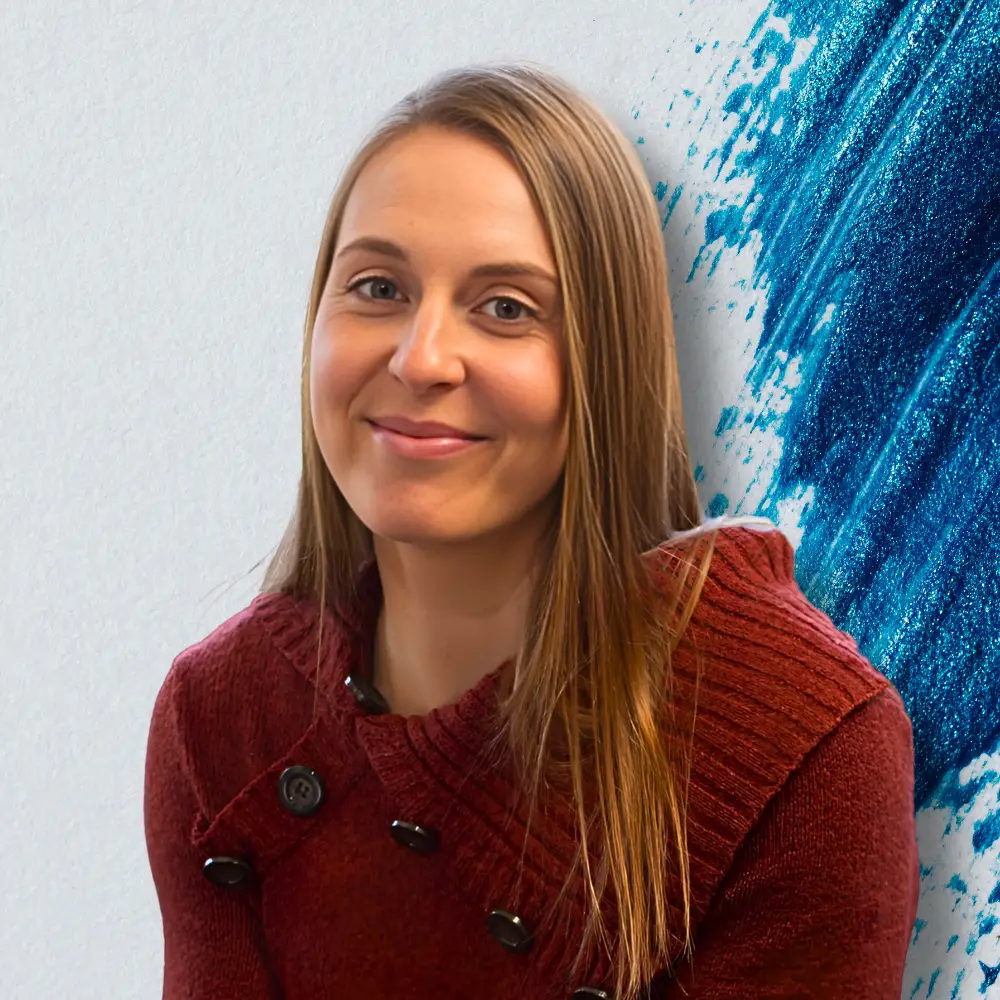
Simone Olinek
MACP, RP, CCC
**$200 Per Hour** | Adults (18+)
EMDR | Polyvagal Theory | Schema Therapy | IFS
Complex PTSD | Trauma | Veterans | First Responders...
English
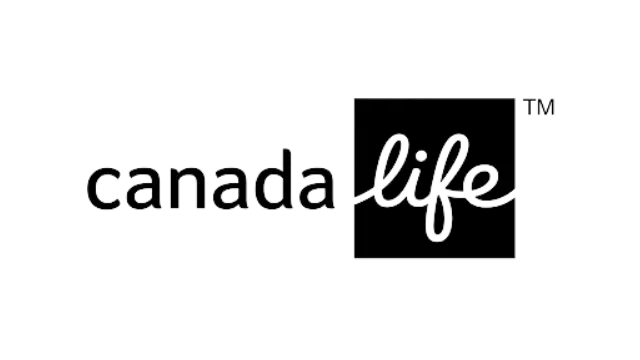
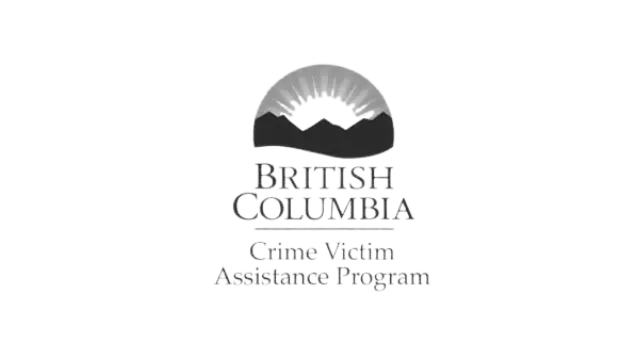
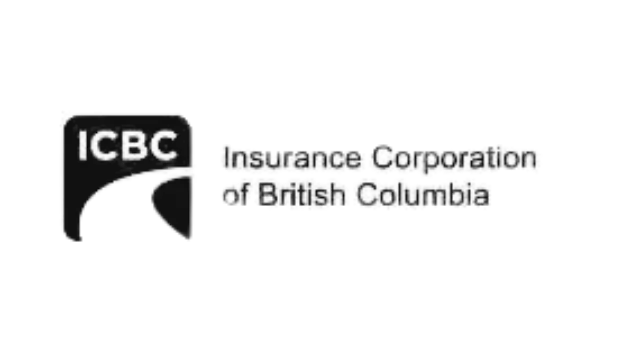
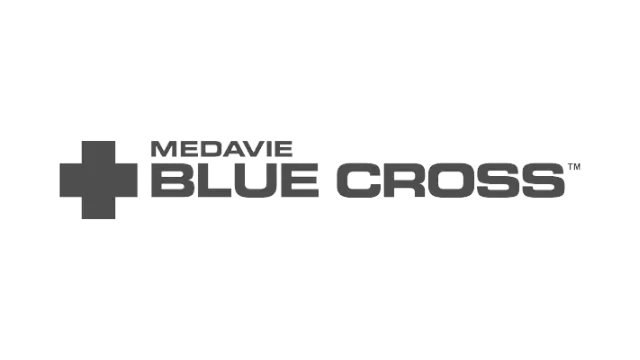
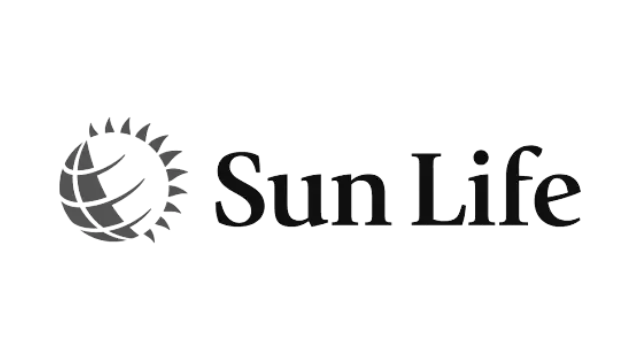
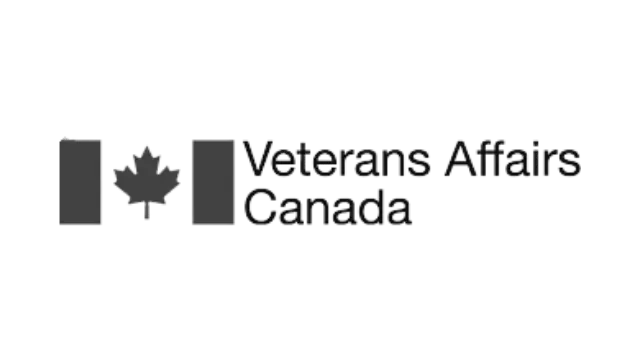
FAQ
Most frequent questions and answers
Schema Therapy is most commonly used to treat long-standing emotional and relational difficulties, including personality disorders (like borderline and narcissistic), chronic depression, anxiety, complex trauma, and low self-esteem—especially when other therapies haven’t led to lasting change.
Schema Therapy goes beyond symptom relief to address the root causes of emotional distress, helping clients heal early wounds, break unhelpful patterns, and build healthier relationships with themselves and others.
Most of our therapists provide both in-person and virtual therapy. It is best to check with your desired therapist to find out what they offer. Discover your next therapist here.
Schema Therapy integrates elements from these approaches but stands out by focusing on deeply rooted emotional patterns (schemas) and using experiential techniques to heal the “inner child,” making it especially effective for complex, long-standing issues that other therapies may not fully resolve.
You’ll know therapy is working when you notice positive changes, such as improved coping skills, better relationships, reduced symptoms, and increased self-awareness. Additionally, if you feel heard, supported, and confident in applying what you’ve learned outside of sessions, therapy is likely making a difference.
While therapy itself doesn’t typically have physical side effects, emotional discomfort can arise as you work through challenging issues. However, most people experience relief, growth, and improved well-being over time.
Yes, you can be on medication while doing Schema Therapy—many clients benefit from a combination of both, especially when managing symptoms like anxiety, depression, or mood instability alongside deeper therapeutic work.
Schema Therapy may be a good fit if you’ve struggled with long-term patterns in relationships, self-esteem, or emotional regulation—especially if other therapies haven’t brought lasting change or if you feel stuck repeating the same painful cycles.
Most likely. It’s important to check with your insurance carrier to determine if they cover “Registered Clinical Counselling,” “Clinical Counselling,” “Counselling,” “Mental Health Counselling,” “Psychotherapy,” “Psychological Services.”
Some carriers only cover services from Psychologists, Psychiatrists, or Social Workers. Others accept Registered Clinical Counsellors (which is our designation).
We have conveniently included all insurance carriers where our services are accepted (although others who have not been included may still provide reimbursement if they cover Registered Clinical Counsellors).
If you determine your carrier will accept our services in full or in part, you are required to pay in full for our services, and then seek reimbursement from your insurance carrier.
It’s confusing isn’t it? Let’s bring some clarity here.
Psychiatrists are medical doctors (MD’s) with a focus on mental health. They can formally diagnose and prescribe medications.
Psychologists are “doctors of psychology” but are not medical doctors. They have a PhD. They are allowed to diagnose mental health conditions, conduct psychological assessments, but cannot prescribe medications.
Psychotherapists and Clinical Counsellors are interchangeable designations where each province will have certain protected rights to use a particular designation. For example, in British Columbia, we are called either Registered Clinical Counsellors or Certified Clinical Counsellors; in Ontario the term used is Registered Psychotherapist. Counsellors/Psychotherapists (whichever term is used) generally have a MA level degree, are able to conduct psychological /counselling services but are not able to formally diagnose, assess, or prescribe medication.
Social Workers are able to conduct counselling sessions and are governed by the College of Social Workers. They may also belong to other professional associations and conduct therapy/counselling/psychotherapy within those guidelines.
Social workers most often have a MA level degree, and like Clinical Counsellors/Psychotherapists, cannot formally diagnose, assess, or prescribe medication.
Hope that helps!
Changing your life can be easier than you think.
Anything you want to ask us?
While we do our best to adhere to strict confidentiality, we cannot guarantee complete privacy when messaging us over the internet. Please only share what you feel comfortable sharing in this format.
